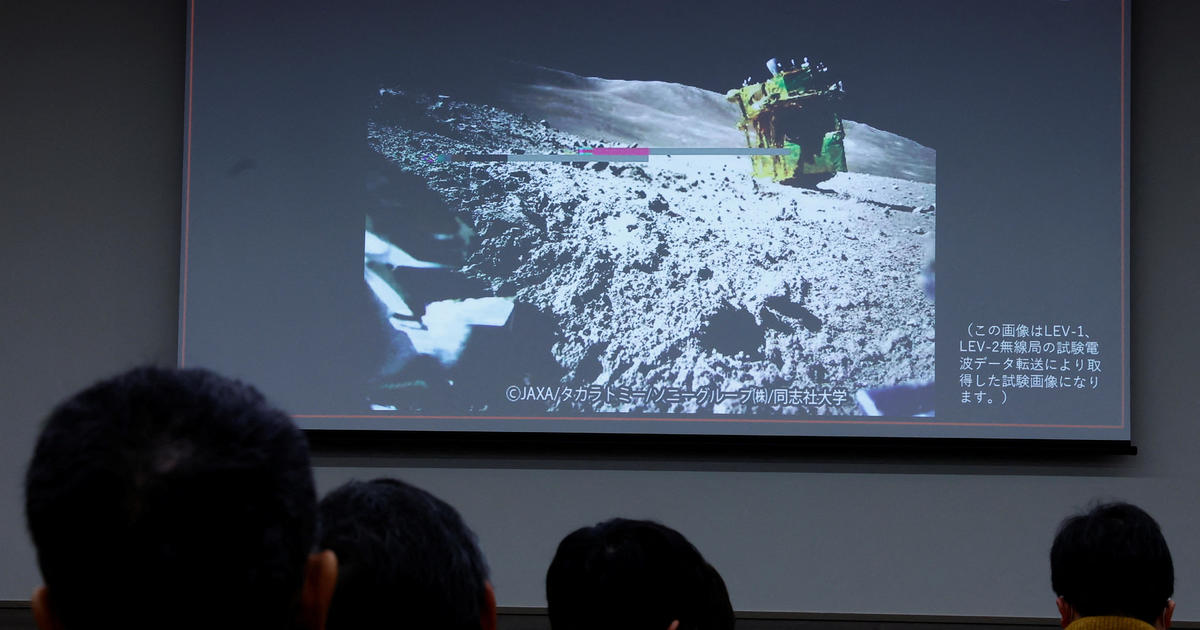Advisers Misled and Alarmed Rajiv Gandhi During His Premiership: Insights from Tarlochan Singh
In a recent interview published in a commemorative book on the life of nonagenarian Tarlochan Singh, revelations have emerged regarding how advisers misled and alarmed former Indian Prime Minister Rajiv Gandhi during his five-year tenure. Singh, a confidant of President Gyani Zail Singh, sheds light on the contentious relationship between the President and the Prime Minister, offering insights into the behind-the-scenes dynamics of their interactions.
Singh, who had previously worked with Rajiv Gandhi during the 1982 Asian Games, enjoyed a close rapport with the Prime Minister. However, there were instances when matters seemed to reach a breaking point. On one such occasion, Rajiv Gandhi called Singh late at night to inquire about reports that the President was planning to dismiss him. It was later revealed that these reports were based on incorrect intelligence inputs and fueled by rumors that the Prime Minister’s advisers were inclined to believe.
The differences between Zail Singh and Rajiv Gandhi became apparent shortly after the latter assumed office following the assassination of his mother, Indira Gandhi, on October 31, 1984. Zail Singh had invited Rajiv Gandhi to become the Prime Minister without the formal request of the ruling party, bypassing the usual protocol. However, tensions arose as Rajiv Gandhi, amidst the chaos of the anti-Sikh riots that followed Indira Gandhi’s assassination, appeared to disregard calls from the Rashtrapati Bhavan, the President’s official residence.
Furthermore, Zail Singh’s discontent grew when Vice President R. Venkataraman presided over the condolence meeting for Indira Gandhi, a duty that traditionally fell to the President. This added to the President’s frustration, as he had administered the oath of office to Rajiv Gandhi, overruling his advisers and fulfilling Indira Gandhi’s wishes for her son to succeed her.
The acrimony between Zail Singh and Rajiv Gandhi intensified over time, prompting some Congress leaders and prominent media figures to suggest that the President should consider withdrawing his support from the Prime Minister and potentially dismiss him. Legal expert Ashok Sen, journalist S. Mulgaonkar, Kuldip Nayar, and Arun Shourie, as well as BJP leader Vijayaraje Scindia, were part of the group that advised Zail Singh. In response, the President instructed Tarlochan Singh to create a “smokescreen” to frighten Rajiv Gandhi into respecting the protocol governing the President-Prime Minister relationship.
As news of these developments spread, senior BJP leaders Atal Bihari Vajpayee and Lal Krishna Advani met with Zail Singh, advising him against taking such drastic actions that could set a dangerous precedent. While Zail Singh did not take Rajiv Gandhi’s detractors seriously, he did discuss the situation with Vice President Venkataraman, who was suggested as a potential replacement for the Prime Minister. Rajiv Gandhi learned of these discussions through intelligence sources and promptly announced Venkataraman as the candidate for the next President of India, two months before Zail Singh’s tenure was due to end.
During this crisis, a letter allegedly drafted by S. Mulgaonkar, calling for the dismissal of the Prime Minister, surfaced in the media. Tarlochan Singh, however, assured Rajiv Gandhi that no such letter had been typed, after confirming with confidential stenographer Kulwant Singh. It is worth noting the role played by prominent media personalities in creating confusion during this period, as well as the moderating influence of BJP leaders in contrast to some abrasive Congress members.
Zail Singh’s tenure as President is also remembered for his stance on the Indian Post Office (Amendment) Bill, 1986. The bill, which granted central and state governments the power to intercept, inspect, and detain potentially threatening items in the mail, was sent back to the Cabinet for reconsideration by Zail Singh. When the Council of Ministers resubmitted the legislation, Zail Singh delayed its approval until his term ended, effectively causing the bill to lapse.
Before leaving office, Zail Singh convinced Rajiv Gandhi to invite him for a farewell dinner, where the differences between them were put aside. Shortly thereafter, Minister KK Tewari, who had previously spoken against the President in Parliament, was dropped from the government. As a parting gesture, Rajiv Gandhi introduced a rule that provided retiring Presidents with residential accommodation and staff in the national capital, departing from the practice of former Presidents returning to their native homes.
Tarlochan Singh’s disclosures offer valuable insights into the tumultuous era marked by significant decisions such as the Shah Bano and Ram Janmabhoomi cases, which left a lasting impact on Indian history. These revelations shed light on the complex relationship between Zail Singh and Rajiv Gandhi, providing a unique perspective on the challenges faced during their time in power.
(Note: The opinions expressed in this article are those of the author and do not reflect the views of Newsearay)
Disclaimer: Only the headline and content of this report may have been reworked by Newsearay, staff; the rest of the content is auto-generated from a syndicated feed. The Article was originally published on Source link



